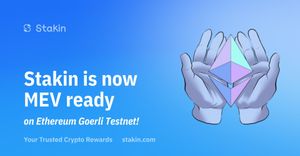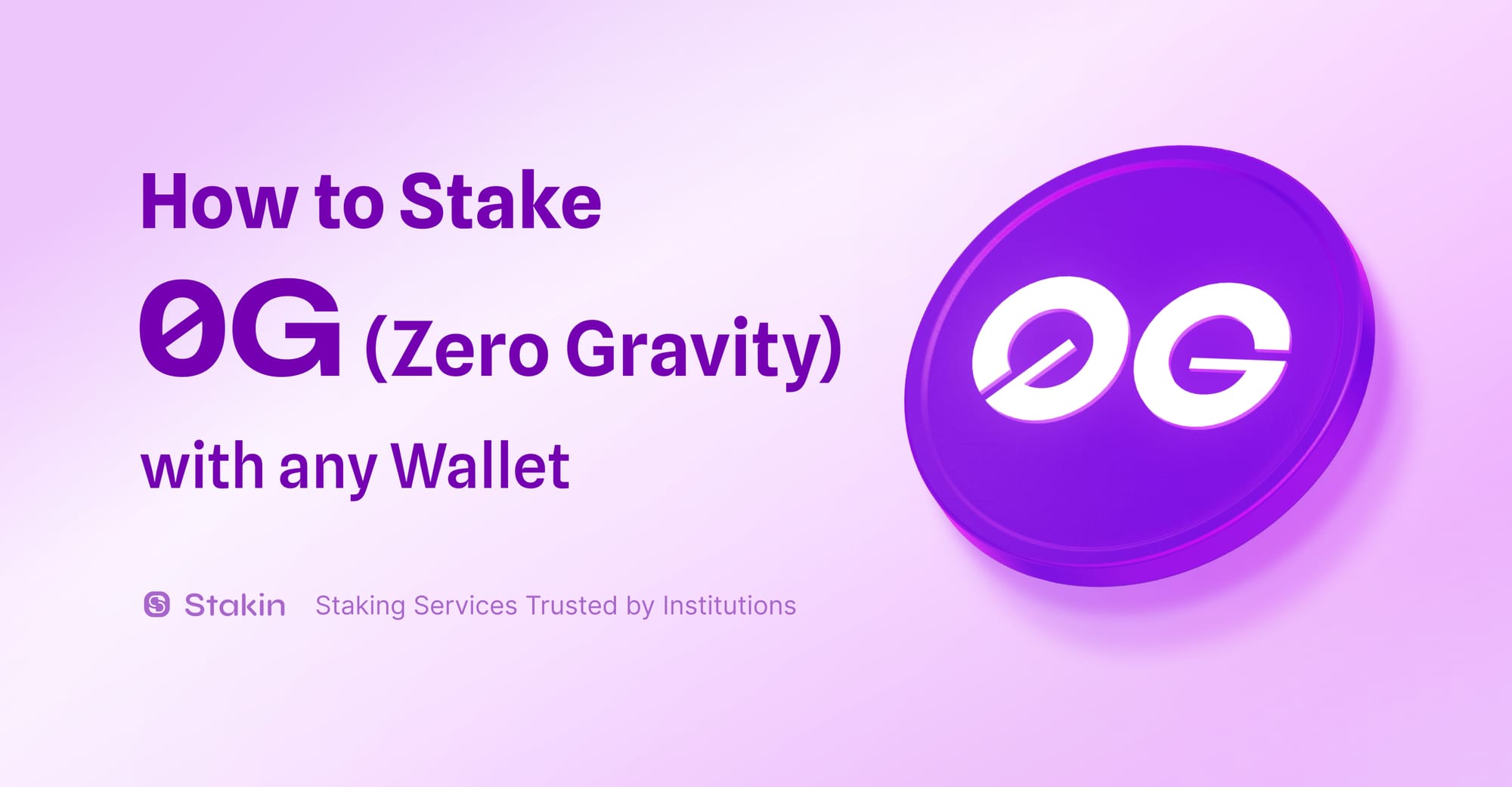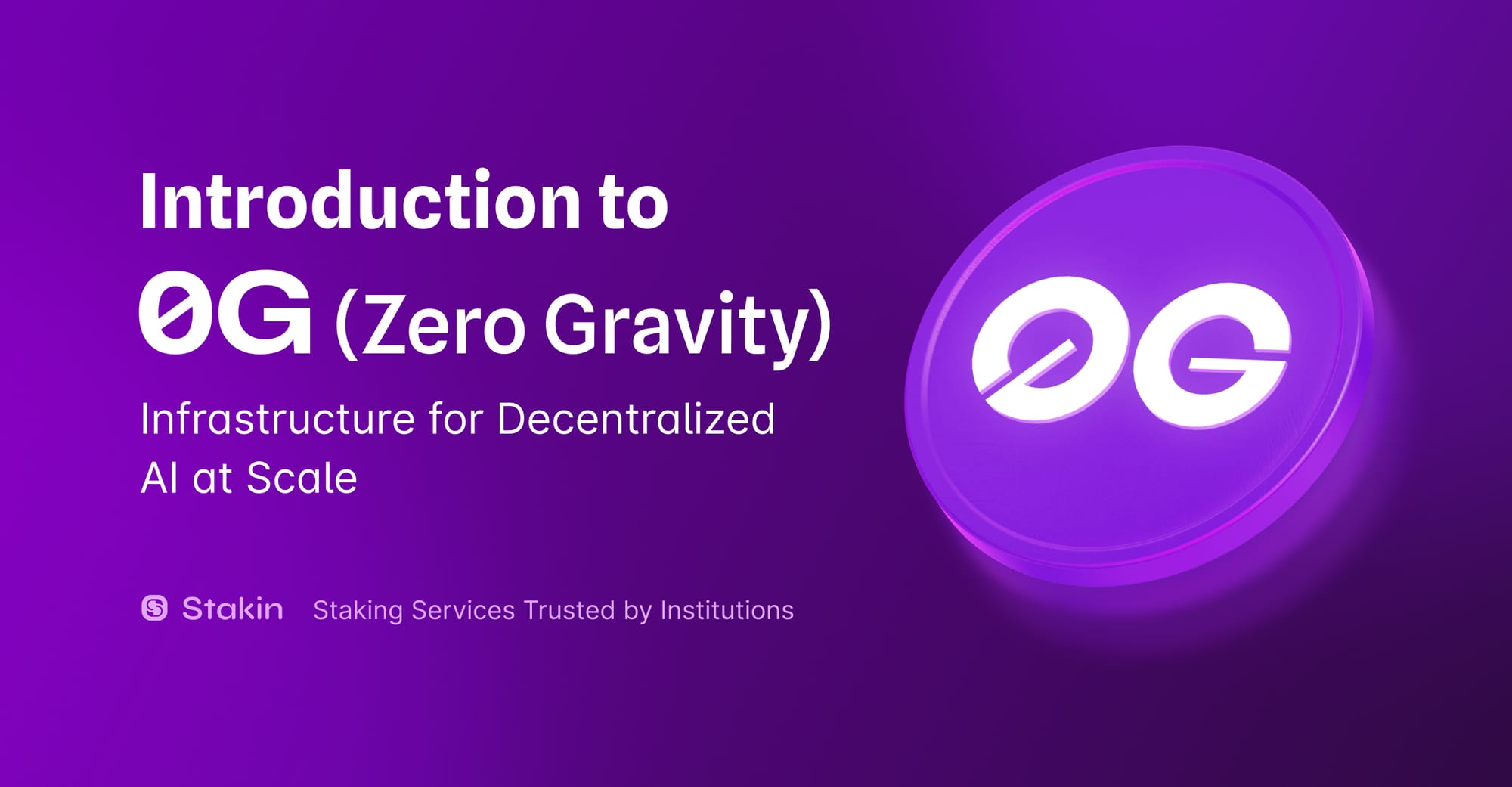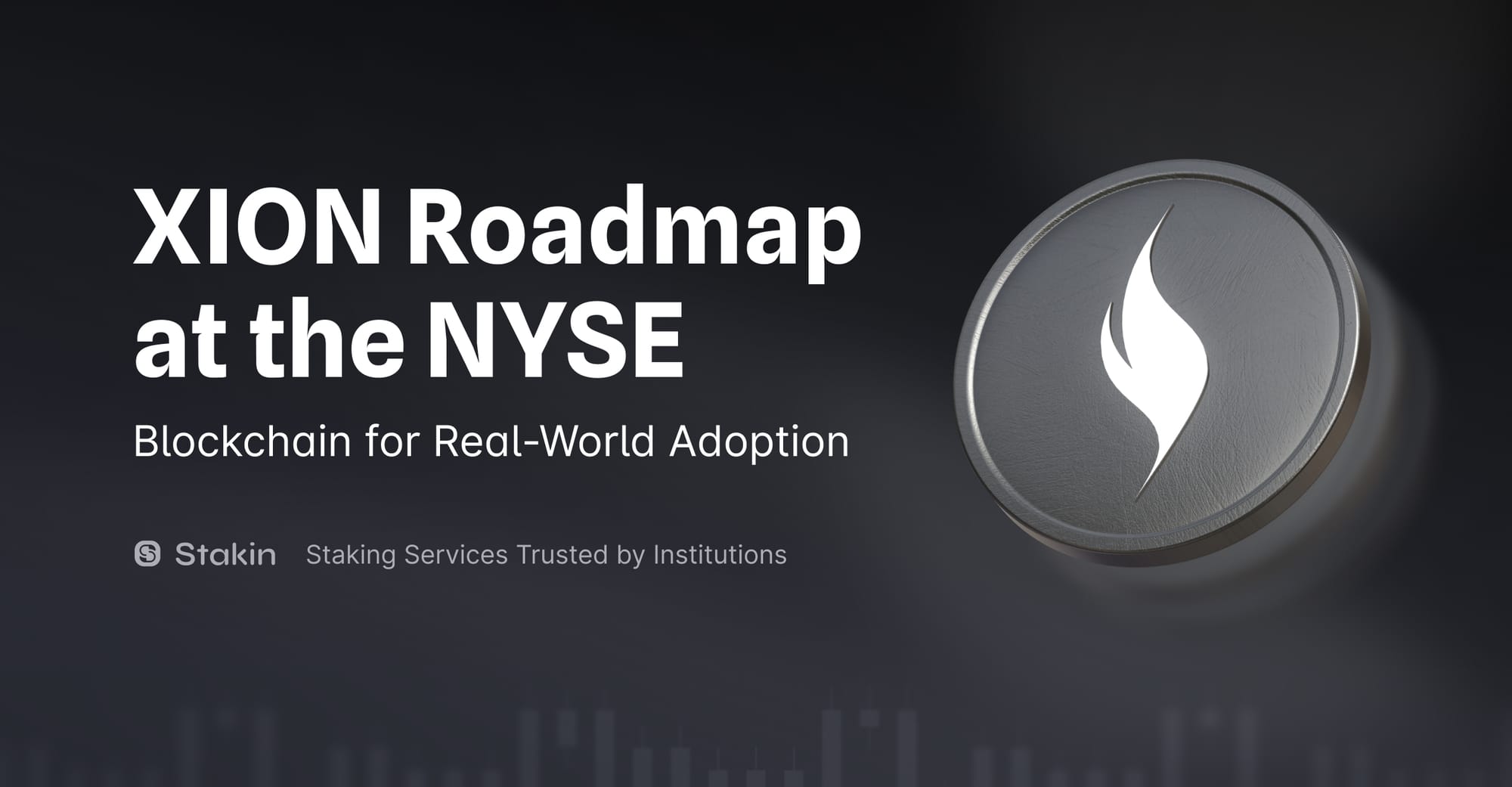In anticipation of the Ethereum Merge, Stakin is now MEV ready; what does this mean?
Blockchain networks such as Ethereum are immutable ledgers secured by a decentralized network known as “block producers,” miners in proof-of-work, and validators in proof-of-stake networks. These block producers are tasked with assembling pending transactions into blocks to be validated by the entire network before being added to the global ledger. Since each block has limited space, block producers can arrange pending transactions most efficiently, usually by the highest gas price. Additionally, additional value can be extracted by arbitrarily reordering transactions, creating what is known as “Maximal Extractable Value” also known as “Miner Extractable Value” (MEV).
What is Maximal Extractable Value?
Formerly known as miner extractable value, as defined by Ethereum.org, MEV “refers to the maximum value that can be extracted from block production in excess of the standard block reward and gas fees by including, excluding, and changing the order of transactions in a block.”
MEV was first defined in Flash Boys 2.0 as the value extracted by miners and searchers from smart contracts as cryptocurrency profits. This value is often extracted by leveraging the ordering of transactions in a block. It has gained popularity because of the high technical skill required to extract MEV and the lucrative nature of successful MEV extraction.
Overall, MEV is about extracting more value from the transactions to post-merge yield for stakers. You can visualize the MEV extracted value via MEV-Explorer, which shows a total of USD 672 million at the time of writing. Currently, over 90% of miners outsource block construction to Flashbots.
Today, new ETH is created by mining with energy-intensive, specialized hardware. After the much-anticipated upgrade, The Merge – Ethereum will transition to proof-of-stake. Validators will take over the role of proposing blocks, and a new group of builders will be responsible for constructing blocks in order to reduce centralization.
What Delegators Should Know About MEV
The concept of MEV is about recognizing the value of each block; there has been legitimate criticism such as sandwich attacks and frontrunning exploits. While new solutions are being tested to provide a more transparent and fair service, staking service providers will likely share MEV benefits with stakers. Here are some key insights for delegators to know:
- Post-merge, validators running MEV will potentially increase staking profits for delegators.
- The final testnet of The Merge, Goerli / Prater is scheduled!
- Staking providers run flashbots MEV software with a primary focus on enabling a permissionless, transparent, and fair ecosystem for MEV extraction. This is accomplished by splitting the roles of building and proposing a block.
- Interested in learning more about The Merge? Check out our blog post.
- Here’s more information about MEV.
MEV and the Ethereum Merge
Ethereum’s frontier is an ever-expanding adventure to test new permissionless applications. The tremendous growth of decentralized finance (DeFi) is a mere glimpse of what the future has in store for Ethereum. With the coming of The Merge, Ethereum will finally switch to proof-of-stake, where staking will be commonplace, giving all token holders a chance to earn rewards and reduce the environmental impact of the protocol.
Post-merge rewards are expected to increase with MEV; by far, Flashbots introduced the most prominent implementation of ethical MEV as MEV-Boost. Stakin is testing MEV-boost on the Goerli testnet with the potential to increase overall staking rewards for delegators.
DISCLAIMER: This is not financial advice. Staking, delegation, and cryptocurrencies involve a high degree of risk, and there is always the possibility of loss, including the failure of all staked digital assets. Additionally, delegators are at risk of slashing in case of security or liveness faults on some protocols. We advise you to do your due diligence before choosing a validator.
About Stakin
Stakin is an infrastructure operator for Proof-of-Stake (PoS) blockchains offering secure, reliable, and non-custodial staking services. The company enables cryptocurrency holders to earn interests on their assets, and take part in decentralized governance while remaining in possession of their own cryptocurrencies.
Stakin serves institutional crypto players, foundations, custodians, and exchanges as well as a large community of individual token holders. Driven by demand from institutional customers and the community, Stakin provides services for a wide range of networks including leading ecosystems such as Ethereum, Cosmos, Solana, Near, Polygon, Polkadot, and more.
For more information about Stakin, visit the Website, Twitter, Blog, or join the Telegram and Discord community.



